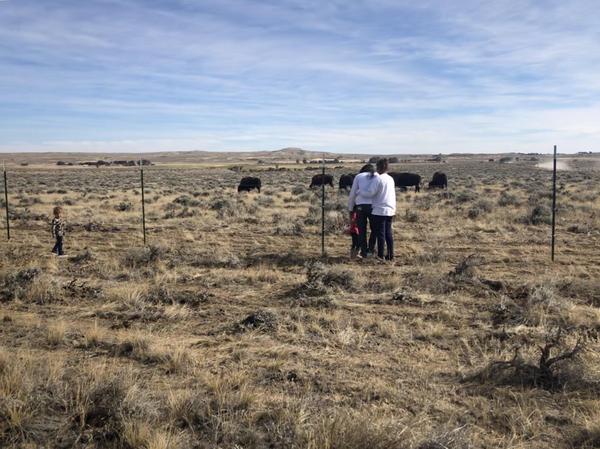
The
Indian Child Welfare Act still stands, with some of its key provisions
weakened by a sharply divided U.S. Fifth Circuit Court of Appeals this
month. The 325-page opinion
has no immediate impact on child welfare cases in the Mountain West,
but it's likely to be challenged in the U.S. Supreme Court.
Since
1978, ICWA has required that tribal nations have a voice in adoption,
foster care and custody proceedings involving their youngest citizens.
The federal law was intended to reverse a long legacy of federal and
state agencies forcibly removing Indigenous children from their families
and communities.
Initially filed in 2017, the
lawsuit - Brackeen v. Bernhardt then, Brackeen v. Haaland now - took aim
at ICWA's constitutionality, arguing that its preference for placing
Indigenous children in Indigenous adoptive and foster homes violated the
equal protection clause. Thirty tribal governments in the Mountain West
and the states of Colorado, Utah, Montana and Idaho urged the court to reject that argument. Ultimately, the Fifth Circuit's en banc ruling did just that.
"After
this decision, and even if this decision stands, most of ICWA is
constitutional," said Dan Lewerenz, an attorney with the Native American
Rights fund.
Lewerenz said the court upheld what
tribes have always asserted, that ICWA is based not on race, but on a
child's political status as a tribal citizen. But the court narrowly
ruled that certain provisions of the law, including its mandate that
Indigenous children be placed with Indigenous foster parents when
possible, intrude on the authority of states.
"[The
Native American Rights Fund] disagrees with those holdings," Lewerenz
said. But he added that the ruling does not impart any "precedential
value" requiring other courts to follow suit.
"It really only applies to the Brackeen case," he said. "Any other court, state or federal, is open to reject those holdings. It is of little significance outside of this specific litigation."
Still,
if any of the lawsuit's plaintiffs succeed in appealing the case, the
U.S. Supreme Court's decision will be binding for courts across the
United States. And a Supreme Court rejection of ICWA's constitutionality
would have ripple effects for other parts of federal Indian law.
For
that reason, Governor Phillip Perez of the Nambe Pueblo, a tribe in
northern New Mexico, called the Fifth Circuit's ruling "deeply
concerning."
"The Indian Child Welfare Act was
enacted to protect the best interests of Indian children and to promote
the stability of our tribes, our customs and traditions. This decision
by the Fifth Circuit threatens who we are as tribal people and
undermines our tribal sovereignty," Perez wrote in a statement.
New Mexico State Rep. Georgene Louis, who also serves as general counsel for the Pueblo of Tesuque, agrees.
"With
all the challenges that have been made [to ICWA], it could be eroded.
And some of the protections that ensure reunification with a child's
tribe might not be there anymore," Louis said.
In New Mexico's recent state legislative session, Louis sponsored a state statute that would have ensured that many of ICWA's provisions were followed in state court proceedings regardless of the federal law's status. But that bill died in committee. In light of the Fifth Circuit ruling, Louis said codifying ICWA statutes at the state level should be a priority.
READ MORE:
Brackeen v. Bernhardt - Indian Child Welfare Act - Native ...








No comments:
Post a Comment
tell us your thoughts!